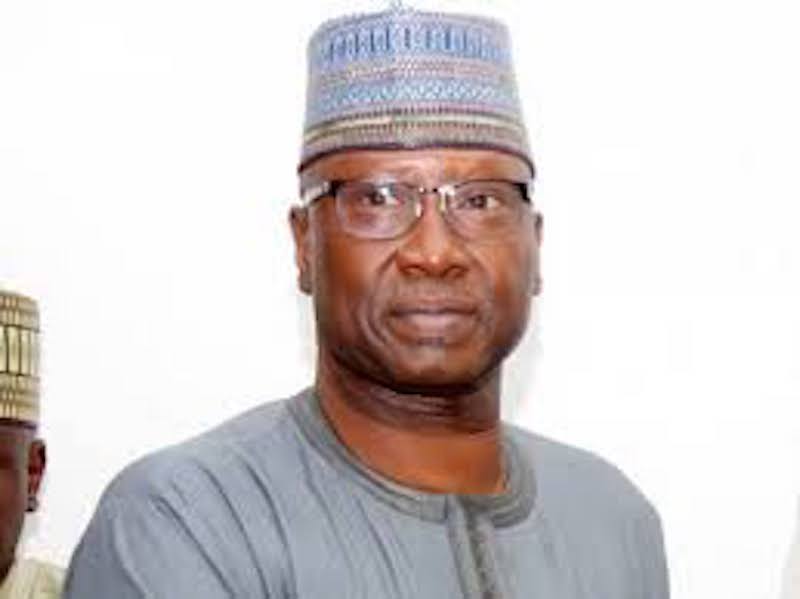The Federal Government has said the joint accounts being operated by both local and state governments would soon end through constitutional means.
The Secretary to Government of the Federation, Mr. Boss Gida Mustapha, said this on Tuesday in Abuja at the Nigerian local government summit 2019, organized by SEGNIP Promotions Limited and the Department of State and Local Government Affairs, Office of the Secretary to the Government of the Federation (OSGF) with the theme: “Emerging Issues in Local Government Administration in Nigeria”.
Mustapha, represented by the Director Special Duties OSGF, Mr. David Attah, said that the age of joint accounts have become inglorious within the political system.
According to him, one of the major areas of friction has been the state and local government accounts which has been grossly abused in the past and which it brought about serious agitation for the fiscal autonomy.
He said that for the local governments, the states have generally starved them of needed funds to discharge their statutory responsibilities and embark on developmental or innovative programmes and projects.
“After so many ruinous years of our recent past, we certainly cannot live with the continued mismanagement of public funds (joint account) any longer.
“Most of us know too well the dangers and consequences of this sustained degradation of our local government system which manifest in increased wave of crimes and social maladies like terrorism, kidnapping, cultism, neighbourhood gangs, human trafficking, baby factories, dilapidated primary schools and primary health facilities, influx of youths to urban centres and pernicious rural poverty which have dovetailed into various dimensions, agitations, and unrests.
“More so, it is uncanny that most of us fail to see the connection between moribund local governments and Boko Haram insurgency, for instance.
“Suffice to say that no ‘baby factory’ or incidence of kidnapping would find space where local government councilors are fully involved in governance and work with landlords associations and town unions.
“In the midst of all these, there is no state, not even one, that showed example by devising a system that made the local governments work or gave proper account of the local government funds.
“All of us, directly, or tangentially, are exposed to the impact of local government administration daily. Therefore, mismanagement and maladministration at this level of governance will connote impacting negatively on our people with direct implication for banishing a large number of the population to abject poverty and penury,” he said.
He said that with the introduction of the Nigeria Financial intelligent Unit (NFIU) Act and the new local government administration account reporting system, the present administration of President Buhari has taken steps to upgrade the anti-graft or money laundering regulations to reduce vulnerabilities created by cash withdrawals from local government funds throughout the country.
In his keynote, the Governor of Osun State, Isiaka Oyetola, said that successive military government complicated the problems of local councils by investing in them with controversial and unworkable allocation templates and difficult constitutional amendment procedures.
Governor Oyetola, represented by his Chief of Staff, Dr. Charles Akintola, said the nation’s local councils have been victims of various forms of government with their attendant challenges from independence to now.
Also speaking, the MD/CEO SEGNIP Promotion Project Consultant, Engr. Kayode Adegbayo, said there is no gainsaying that of the three levels of governance in Nigeria, the local governments represent a significant tier in the country’s desire for socio-economic transformation and the match to the next level.
“This has continued to be so, because of her nearness and closeness to the people and the renewed interest by President Muhammadu Buhari’s government at empowering and galvanizing the 774 Local Governments Councils, into units for rapid delivery of democratic dividends to the teeming people, majority of which reside in the rural areas,” he said.

 Join Daily Trust WhatsApp Community For Quick Access To News and Happenings Around You.
Join Daily Trust WhatsApp Community For Quick Access To News and Happenings Around You.
